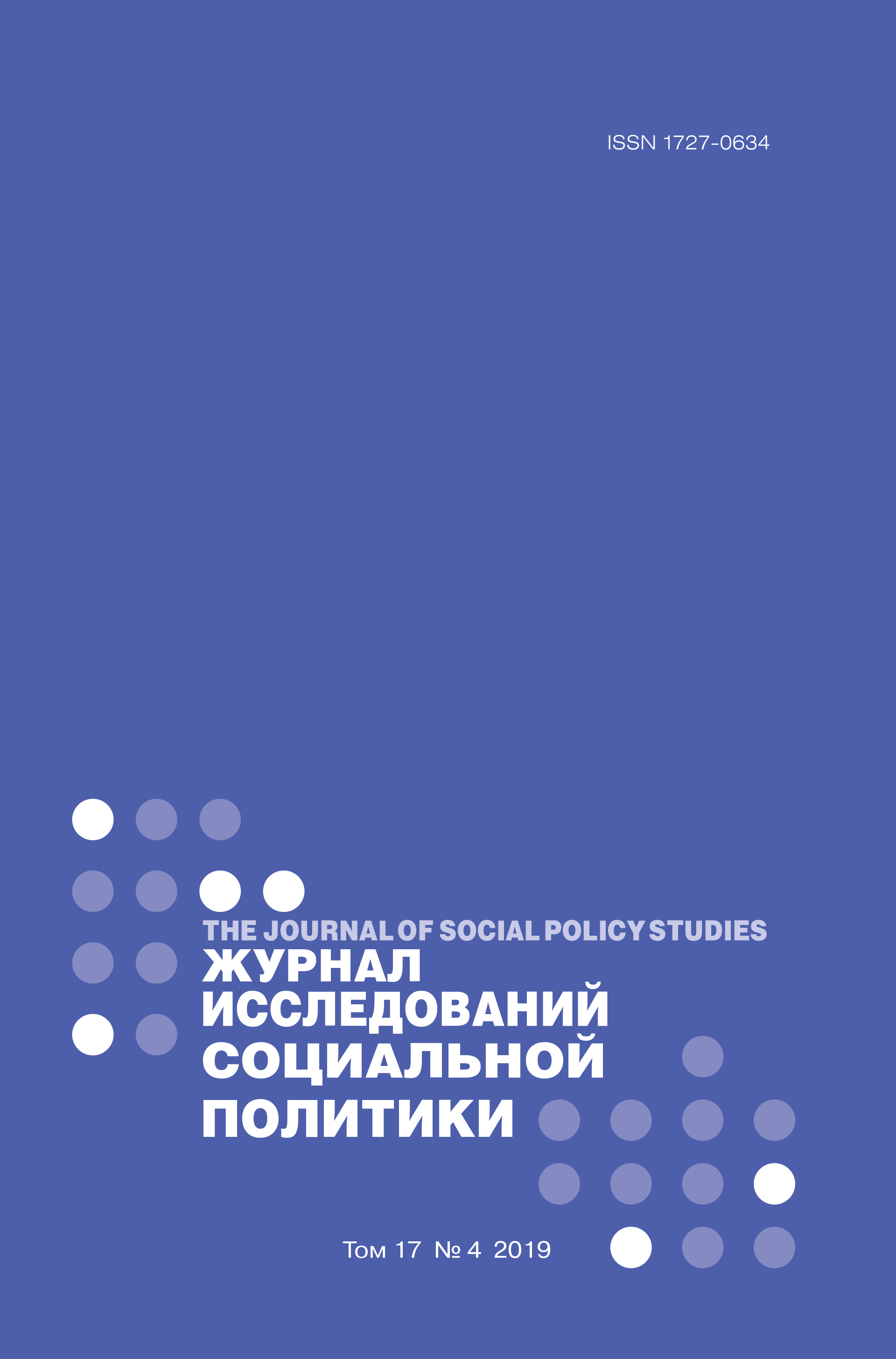Participation of Children in Decision-making and their Psychosocial Wellbeing within the Child Protection System in St. Petersburg, Russia
Abstract
The child’s right to be heard is a cornerstone of the Convention on the Rights of the Child. Children growing up outside of their natural families particularly often find themselves in situations where this right should be fulfilled. In Russia, the child’s participation in decision-making at the time of their separation from their parents, and during their stay in the children’s homes, is often overlooked by both static monitoring and academic studies. In our study we raise the following research questions: To what extent is the right of a child separated from his or her natural parents to participate in decision-making respected? How does involvement in decision-making impact their psychosocial wellbeing? The study covered 215 children aged between ten and seventeen (mean age fourteen years) living in children’s homes in St. Petersburg. Our findings show that 42 % of children believe that they were not heard when the decisions affecting their interests were made. Talking with a social counsellor and having a trusted adult in the children’s home add to children’s perceptions that they have been heard. Limited participation in decision-making increases the odds of psychosocial difficulties in the binary logistic regression. We conclude that limited participation in decision-making negatively impacts the effectiveness of work with children and their psychosocial well-being. Since the degree and effectiveness of children’s participation depends primarily on the attitudes of professionals and their ability to create trusting relationships with children, a further increase in children’s participation will require a change in the professional paradigm of specialists. Specific methods for increasing the participation of children should be introduced in the daily practice of child welfare workers.















